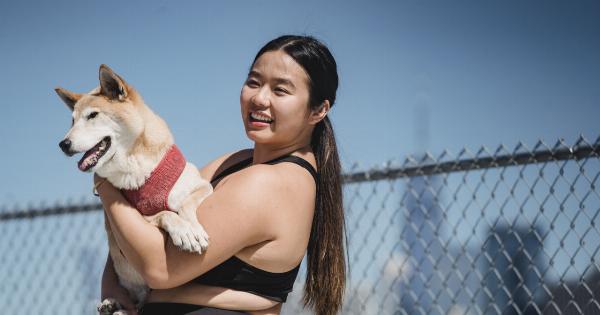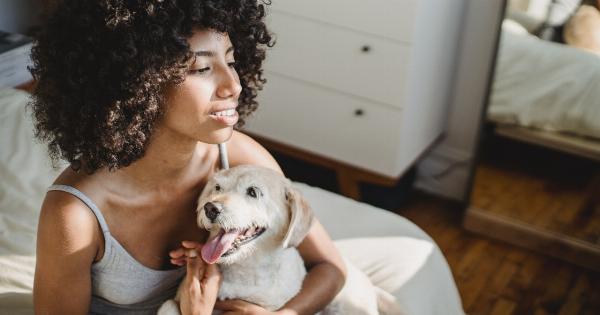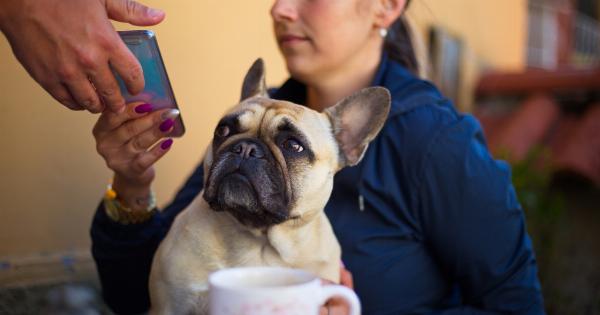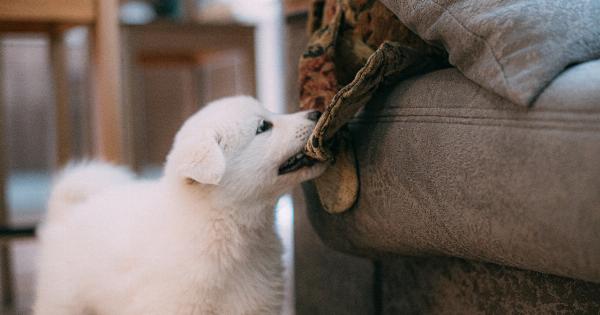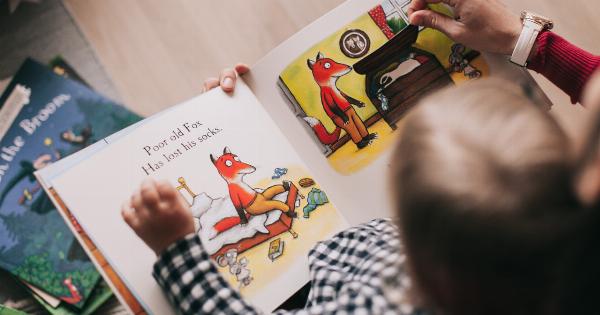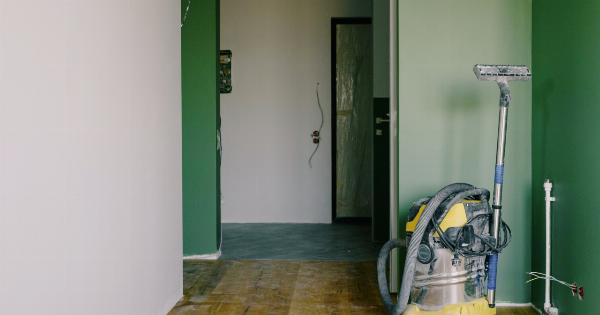Bringing home a new puppy is an exciting and joyful experience. As a responsible dog owner, it is crucial to prioritize your puppy’s socialization.
Puppy school is an excellent way to provide your furry friend with the necessary social skills and proper behavior training. This comprehensive guide will walk you through the importance of puppy socialization, tips for successful socialization, common challenges, and more.
Why is Puppy Socialization Important?
Puppy socialization plays a vital role in shaping your dog’s behavior and overall well-being. During the first few months of a puppy’s life, they experience a critical period for social development.
It is during this time that puppies are highly receptive to new experiences, people, animals, and various environments. Proper socialization helps puppies become well-adjusted, confident, and less likely to develop behavioral issues later in life.
Benefits of Enrolling in Puppy School
Puppy school provides a controlled and supervised environment for puppies to interact with other dogs and people. Here are some key benefits of enrolling your puppy in a reputable puppy school:.
1. Social Interaction
Puppy school offers a unique opportunity for your furry friend to socialize with other puppies of similar age and size.
This interaction helps them learn appropriate play behavior, develop good manners when meeting new dogs, and build confidence in social situations.
2. Obedience Training
Puppy school focuses not only on socialization but also on basic obedience training. Your puppy will learn essential commands, such as sit, stay, and come.
These fundamental obedience skills are the building blocks for further training and instill good behavior throughout your dog’s life.
3. Exposure to Various Environments
Puppy school exposes your dog to different environments, surfaces, sounds, and objects. This exposure helps them become more adaptable and less fearful of new experiences, reducing the risk of anxiety or phobias as they grow older.
4. Behavior Problem Prevention
Proper socialization at puppy school significantly reduces the likelihood of future behavior issues.
Early positive experiences and exposure to new situations make puppies more well-rounded and less prone to anxiety, fear aggression, or separation anxiety.
Tips for Successful Puppy Socialization
While enrolling your puppy in puppy school is a significant step towards socialization, you can enhance the process with these tips:.
1. Start Early
The critical socialization period for puppies is between 3 and 14 weeks of age. Don’t wait too long to start socializing your puppy and take advantage of their receptive learning stage.
Introduce them to various people, animals, and environments gradually and positively.
2. Expose to Different Sounds and Objects
Introduce your puppy to different sounds, such as vacuum cleaners, doorbells, or car engines, to reduce the likelihood of noise phobias later on.
Additionally, expose them to various objects like umbrellas, strollers, or bicycles, ensuring they learn that new items are not threatening.
3. Positive Reinforcement and Rewards
Use positive reinforcement techniques, such as treats, praise, or play, to reward your puppy for calm and confident behavior during socialization experiences. This positive association encourages them to approach new situations with a positive mindset.
4. Gradual Exposure
Gradually expose your puppy to new environments and situations. Start with less crowded places and then progress to busier areas or dog parks. This step-by-step approach ensures your puppy feels comfortable and confident every step of the way.
Common Challenges in Puppy Socialization
Puppy socialization can sometimes come with challenges that require patience and understanding. Here are a few common challenges and how to handle them:.
1. Fearfulness
Some puppies may exhibit fear or anxiety when facing new experiences. If your puppy becomes fearful, never force them to confront a situation.
Instead, provide reassurance and help them associate positive experiences with previously fear-inducing stimuli at their own pace.
2. Aggression or Overexcitement
Puppies may display aggression or overexcitement while interacting with other dogs or people. It is crucial to address these behaviors early using positive reinforcement training techniques.
Seek the guidance of a professional dog trainer to tackle these issues effectively.
3. Health Considerations
Before enrolling your puppy in puppy school, ensure they have received all necessary vaccinations. Puppies are more susceptible to diseases until they are fully vaccinated.
Consult with your veterinarian to ensure your puppy is protected and ready for socialization activities.
Conclusion
Enrolling your puppy in puppy school provides them with essential socialization experiences and obedience training. The benefits of socialization include enhanced behavior, decreased anxiety, and better adaptability.
Remember to start early, expose your puppy to various situations gradually, and use positive reinforcement techniques. By doing so, you are giving your furry friend the best opportunity to become a well-rounded and confident companion for life.





